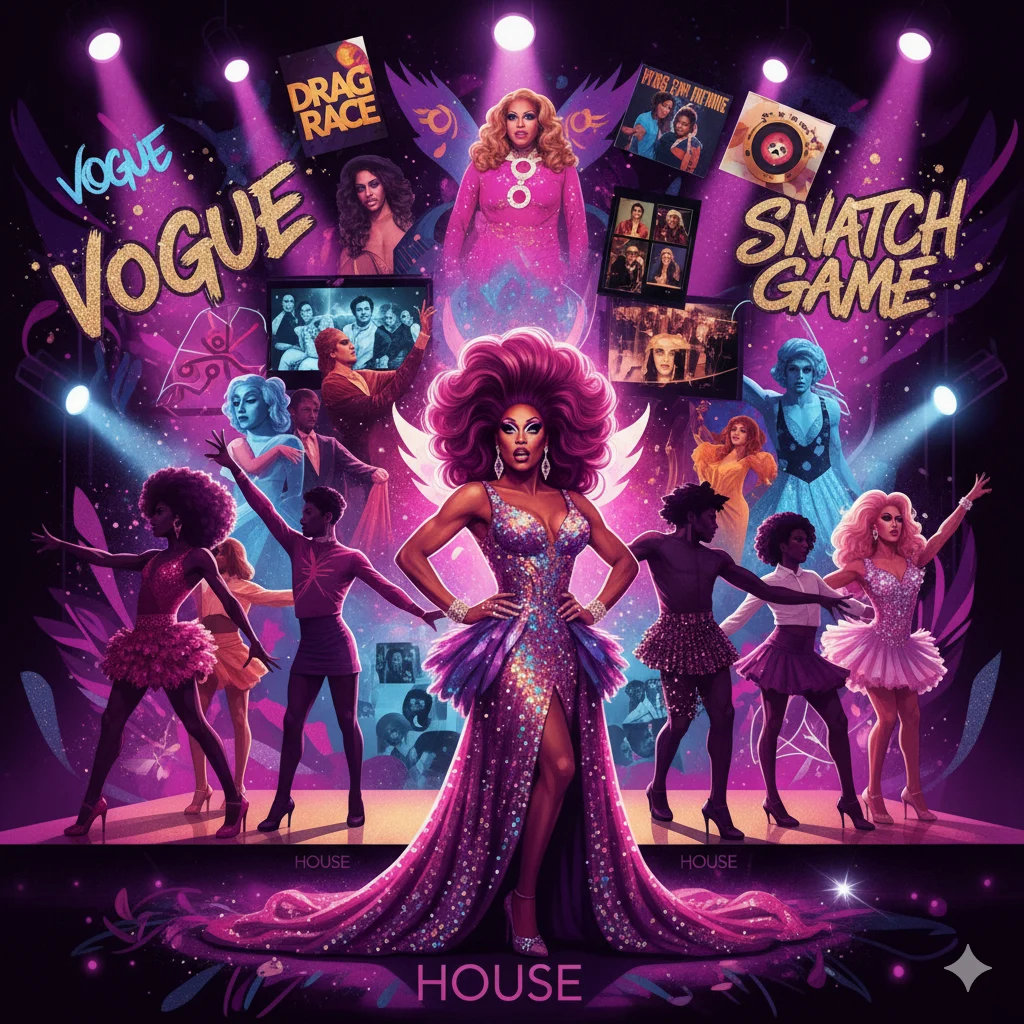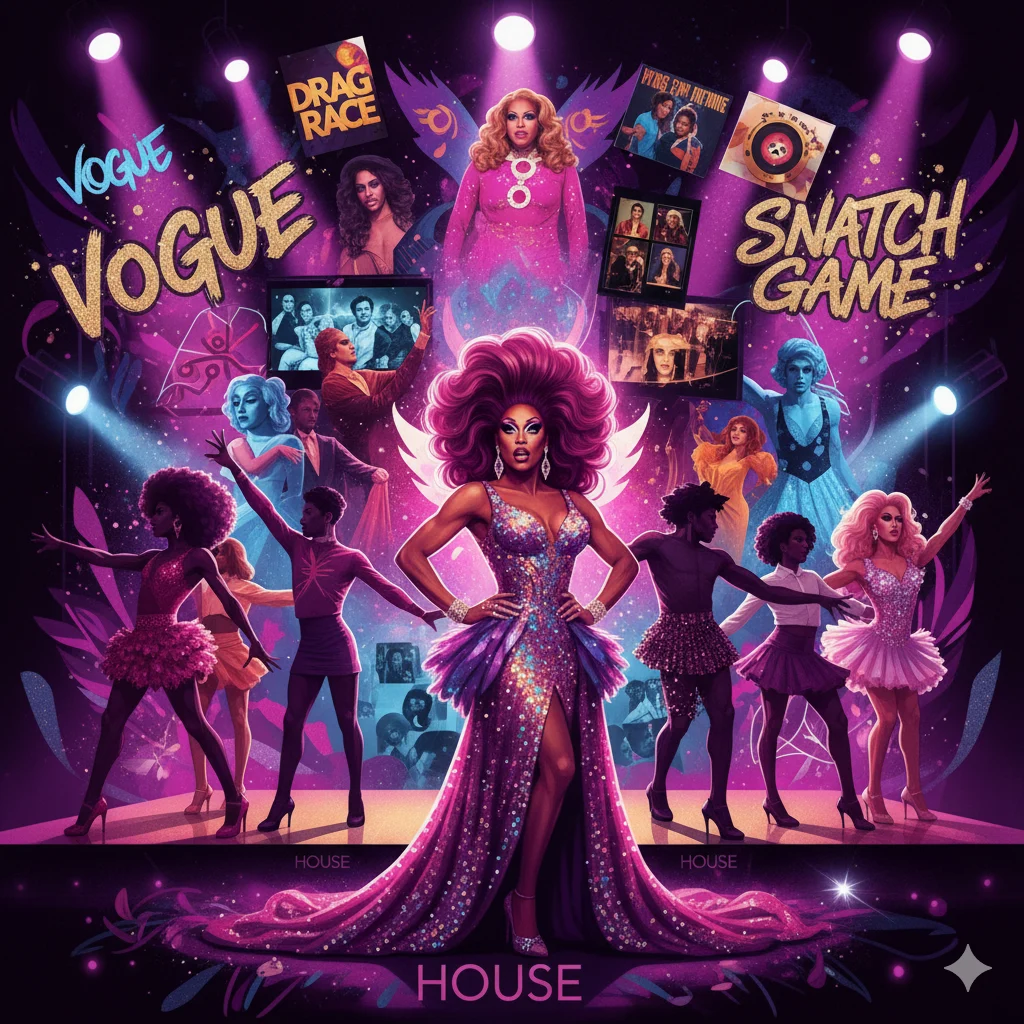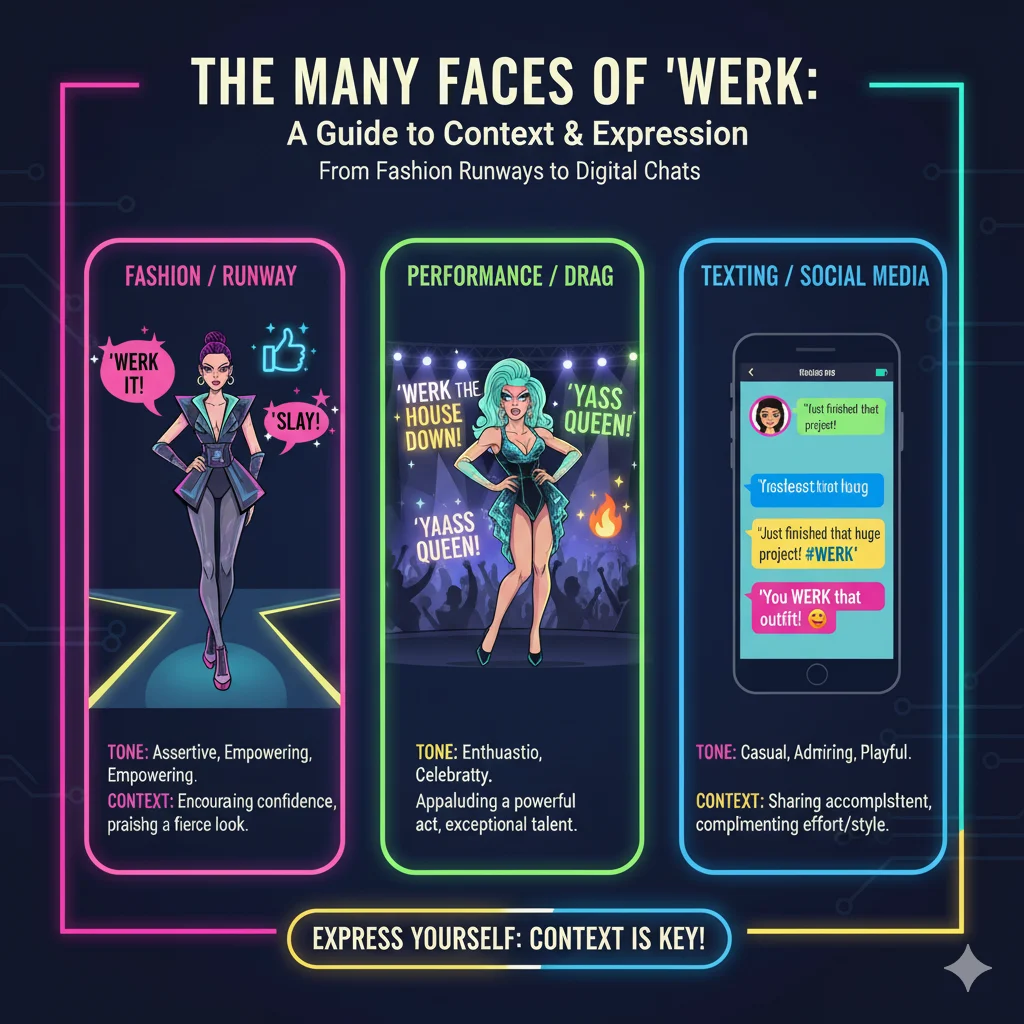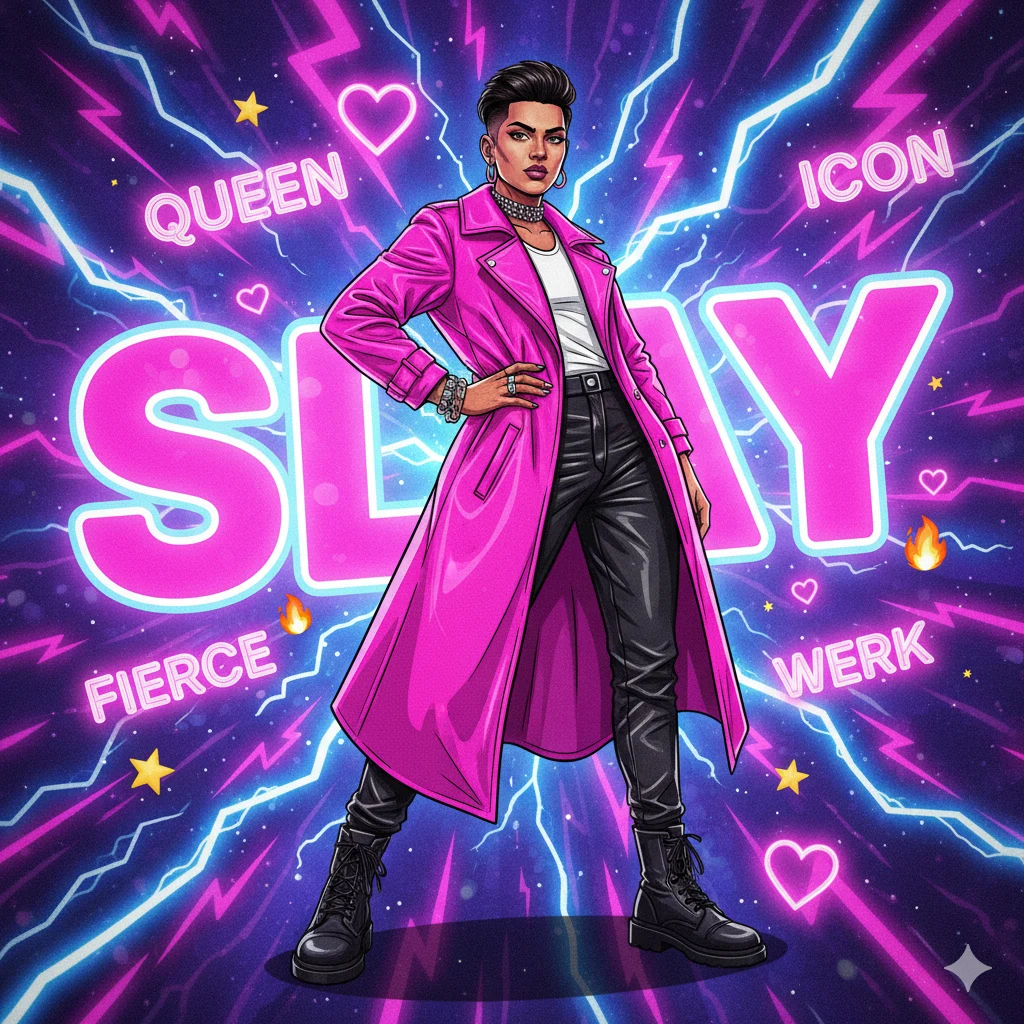“Slay” means to do something extremely well, look amazing, or impress everyone with confidence, style, or talent. In modern slang, especially Gen-Z culture, saying someone “slayed” means they performed flawlessly or delivered an iconic moment.
Thank you for reading this post, don't forget to subscribe!Whether it’s on TikTok, Instagram, or in everyday texting, “slay” is a compliment, not an insult. It usually describes confidence, fashion, attitude, or a perfect performance.
This article explains every meaning, real-life examples, how to use it, what it does NOT mean, and how the word evolved into the internet’s favorite hype term.
Meaning of “Slay” in Texting and Slang
“Slay” in texting simply means you’re doing amazing, you look great, or you nailed something with confidence.
People use it to:
- Hype someone up
- Compliment a look or outfit
- Praise someone’s talent or achievement
- Encourage confidence or boldness
It’s a powerful, positive slang term — almost always used to uplift someone.

Origins of “Slay”
The word “slay” originally meant to kill in Old English — but modern usage has nothing to do with violence.
The slang meaning comes from:
- Black American queer culture
- Ballroom culture from the 1980s
- Drag culture, particularly the phrase “slay the runway”
- Later adopted into mainstream pop culture via Beyoncé, RuPaul’s Drag Race, TikTok, and Gen-Z lingo
Today, “slay” is global, gender-neutral, and heavily associated with confidence, charisma, and style.

Different Meanings of “Slay” (All Contexts Explained)
In Texting
Means you did great, you look great, or you’re killing it (in a good way).
Examples
- “You slayed that presentation.”
- “Girl, you look stunning. Slay!”
- “Your outfit today? SLAY.”
In Compliments
Used to hype someone up or celebrate their confidence.
Examples:
“OMG that makeup look slays.”
In Fashion
“Slay” is almost a staple word in fashion TikTok and Instagram.
Examples:
“Her Coachella outfit slayed so hard.”
In LGBTQ+ & Drag Culture
Means a fierce performance filled with bold attitude, style, and confidence.
Examples:
“She slayed that lip-sync battle.”
In Gaming
Much less common, but sometimes means:
“You destroyed the match / you played incredibly well.”
Example:
“Bro slayed that 1v4 clutch.”
In Music & Entertainment
Used when an artist performs amazingly.
Examples:
“Beyoncé slayed that live vocal.”
“Her choreography always slays.”
As a Hype Phrase
Sometimes said alone:
“Slayy!”
“Slay queen!”
“Slayyy bestie!”
It’s pure praise and encouragement.

Variations of “Slay” and What They Mean
“Slayy / Slaaay / Slaaaaaay”
Extra Y’s = extra hype
Meaning: You did ridiculously well.
“Slay queen”
A strong compliment for a girl/woman doing amazing.
“Slay king”
Same as above, but for men.
“Slay babe / bestie slay”
Friendly, affectionate hype.
“Slayed so hard”
Means someone exceeded expectations.
“Slay era”
When someone is consistently doing well or leveling up.
Example:
“She’s in her slay era after that glow-up.”

What “Slay” Does NOT Mean
Because the word originally meant “to kill,” some people get confused. In modern slang:
❌ It does NOT mean violence
❌ It does NOT mean insulting someone
❌ It does NOT mean literal “kill”
It’s 100% positive internet slang, similar to:
- “iconic”
- “ate”
- “fire”
- “killed it” (in a good way)

Why Gen-Z Uses “Slay” So Much
It’s gender-neutral
Anyone can “slay.”
It’s empowering
Makes people feel confident and appreciated.
It’s short and expressive
Three letters, huge impact.
It’s aesthetic
Fits perfectly in Instagram captions, TikTok comments, and hype messages.
How to Use “Slay” Naturally (With Examples)
Complimenting Someone’s Look
“You slayed this fit.”
Praising Confidence
“You walked in like a boss. Slay.”
Hyping a Friend
“Exam stress? You got this. Slay bestie.”
For Achievements
“You slayed that pitch.”
In Jokes
“My hair slayed me today (bad hair day).”
“Slay” in Social Media Platforms
TikTok
Most common platform for “slay.”
Used in fashion, makeup, dance, and glow-up videos.
Used in comments:
“Slay queen 🔥”
Twitter/X
Used ironically or in hype posts.
Snapchat
Often used in casual compliments.
Why “Slay” Became a Cultural Phenomenon
Drag culture → Pop culture
Drag queens used “slay” for decades.
Shows like RuPaul’s Drag Race made it mainstream.
Beyoncé
Her fanbase popularized terms like:
“Slay Beyoncé.”
“Slay queen.”
TikTok
Gen-Z created a global trend out of it.
“Slay” vs. Similar Words (Comparison Table)
| Term | Meaning | Tone | Context |
|---|---|---|---|
| Slay | Look great or do great | Confident, hype | Fashion, performance, texting |
| Ate | Performed perfectly | Internet slang, hype | TikTok, dance, makeup |
| Fire | Very good / cool | Casual | Music, outfits |
| Killing it | Doing incredibly well | Neutral | Work, games, achievements |
| Iconic | Memorable and impressive | Strong compliment | Fashion, media |
Examples of “Slay” in Real-Life Situations
At School or Work
“You slayed that presentation.”
With Friends
“Your hair today? Slay.”
Online Comments
“OMG slay queen 🌈🔥”
Fashion Shoot
“This dress slays under natural light.”
Music Performance
“She slayed the high note.”
“Slay” in Different Cultures
American English
Most common slang meaning.
British English
Also used widely, often in LGBTQ+ communities.
Asian Pop Culture
K-pop fans also use “slay” frequently.
Example: “Lisa slayed that dance break.”
Latin TikTok Communities
Used similarly for fashion and glow-ups.
Polite and Professional Alternatives to “Slay”
For formal situations:
- “You did excellent.”
- “Outstanding work.”
- “Impressive performance.”
- “You look sophisticated.”
When Not to Use “Slay”
- In serious or tragic conversations
- In work emails (unless you and the team use casual language)
- When someone doesn’t understand modern slang
Final Summary
“Slay” is one of the most positive and powerful Gen-Z slang words. It means to look great, perform amazingly, or do something with exceptional confidence. The word is rooted in queer culture, made mainstream through pop culture, and now dominates social media as the universal hype word.
Use it to uplift, compliment, and celebrate someone’s success, style, attitude, or effort.
Short, expressive, and empowering — “slay” is here to stay.




